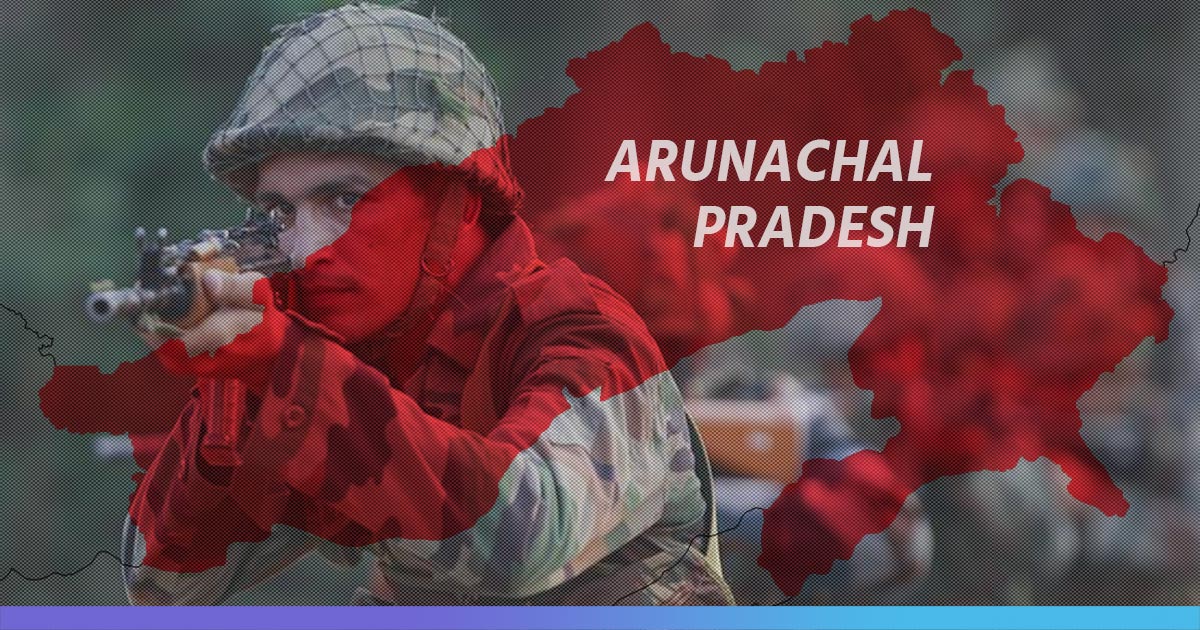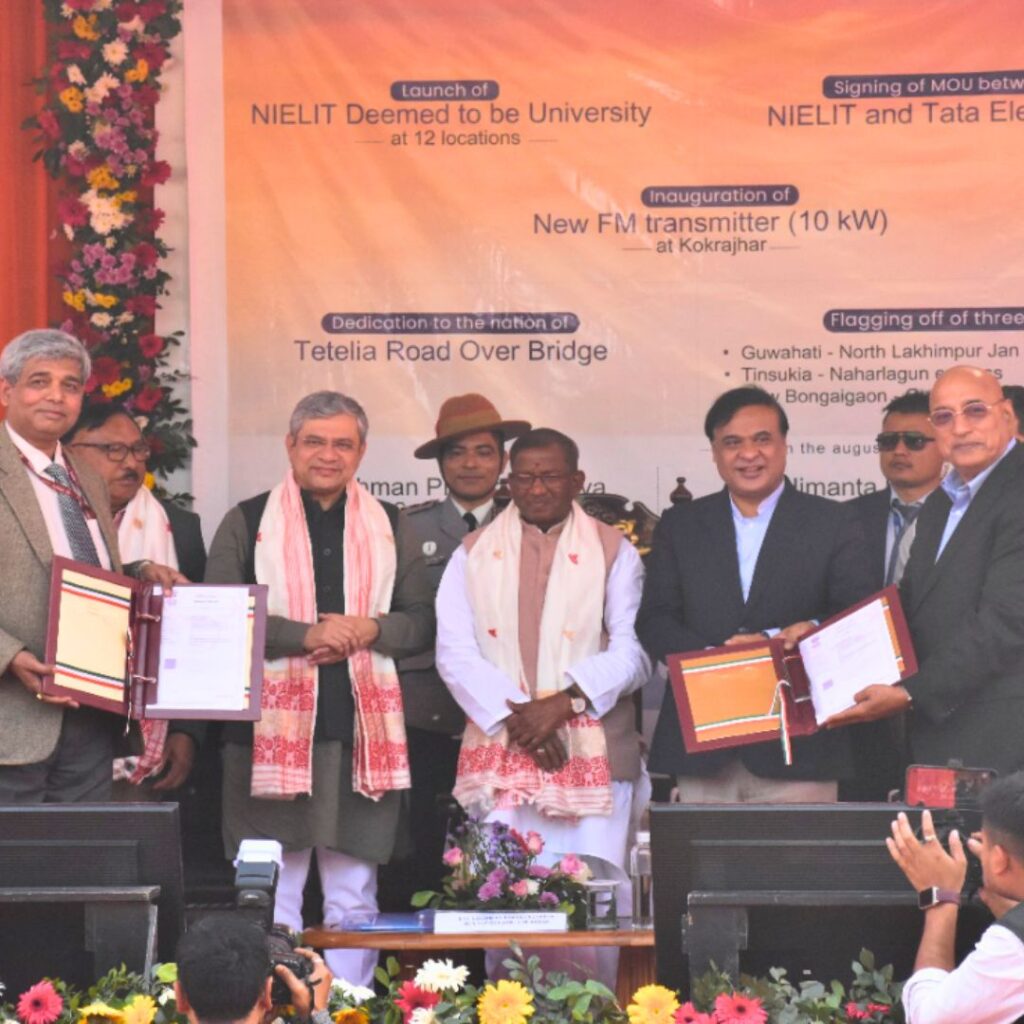The contentious Armed Forces Special Powers Act (AFSPA) which have been making headlines in the last two days after Congress promised in their manifesto that they would review it, the centre on April 2 has partially removed it from three of the nine districts of Arunachal Pradesh, officials said. They further clarified that it would remain in force in the areas bordering Myanmar. The Ministry of Home Affairs (MHA) revoked the AFSPA act after 32 years of it being imposed, reported Business Standard. The state inherited the AFSPA act which was enacted by Parliament to Assam and Manipur in 1958. The state got separated from Assam on February 20, 1987, but the AFSPA was applied to certain parts of the state.
Home Ministry notifies
The Ministry of Home Affairs in a notification had said that the four police station areas in Arunachal Pradesh which were under the special act will not be under the range of AFSPA from March 31. These police stations are Balemu and Bhalukpong police stations in West Kameng district, Seijosa police station in East Kameng district and Balijan police station in Papumpare district.
However, according to the notification passed, the AFSPA will remain implemented in Tirap, Changland and Longding districts along with areas under the authority of Namsai and Mahadevpur police stations in Namsai district, Roing in Lower Dibang Valley district and Sunpura in Lohit district for more six months till September 30. The reason cited by the Home Ministry for the withdrawal of AFSPA is the improvement of law and order situation in the area.
BJP questions Congress on the promise of AFSPA removal
While on one side the Ministry of Home Affairs has revoked AFSPA from three districts of Arunachal Pradesh, on the other hand, there was an outrage from BJP leaders on Congress Manifesto promising to amend the controversial AFSPA. Defence Minister Nirmala Sitharaman said the move is anti-national and will weaken the defence forces.
Congress wants to dilute AFSPA; supports anti-nationals: #NirmalaSitharaman#AbkiBaarKiskiSarkar pic.twitter.com/bBc6tS7gWl
— Zee News (@ZeeNews) April 3, 2019
What is AFSPA?
The AFSPA act provides extra powers to security forces. According to the act, they can bar gathering of five or more persons in an area. The forces are authorised to open fire after giving due warning. They can also arrest a person without producing a warrant and search or enter premises without a warrant. The Armed Forces Special Powers Act was implemented on May 22, 1958.
The AFSPA is a 1942 British colonial law that was invoked to sabotage the Indian independence movement in the midst of the Second World War. The northeast was then divided into separate states to put up with the claims of several tribal and ethnic groups. In 1972, the AFSPA was amended to extend to all the new rules. AFSPA has led to 6 widespread human rights violations ever since it was enacted.
Also Read: AFSPA Repealed From Meghalaya, Assam And Some Districts In Arunachal Pradesh











